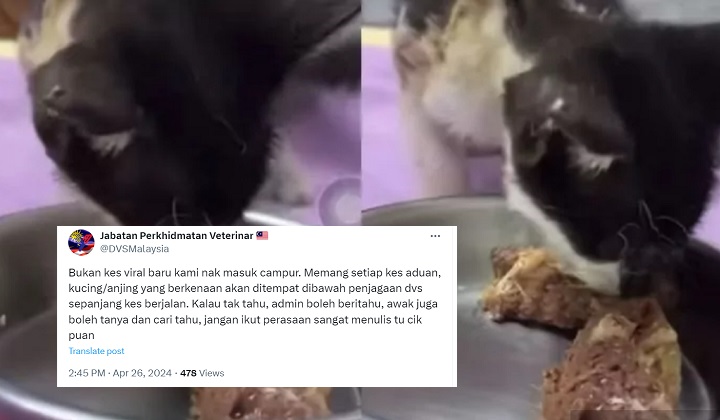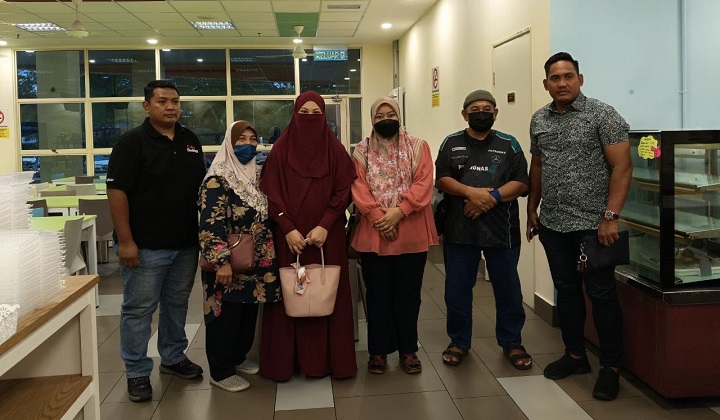Don’t Play, Play With Bird & Cicak Poop, Public Health PSA Explains
Exposure, inhaling or eating contaminated particulates from poop can cause a range of diseases.
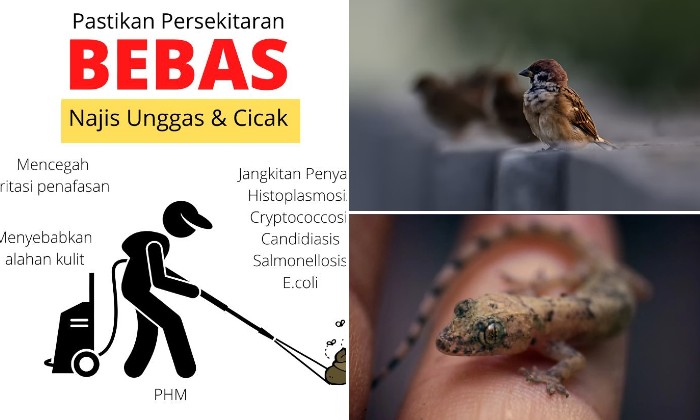
Subscribe to our Telegram channel for the latest stories and updates.
A local public health portal provides some valuable information to the rakyat on why it’s important to keep our surroundings clean and clear of bird and gecko droppings.
An infographic PSA posted on Public Health Malaysia’s social media channels briefly explained that being exposed to particulates that have been contaminated by birds or geckos (aka the cicak) that are infected with disease could transfer the infection onto unsuspecting people – thus it’s crucial to keep our living spaces such as schools or even flood relief centres hygienic.
They say that inhaling (or in some cases, ingesting) contaminated dust or water droplets can cause someone to be afflicted with breathing irritations, skin allergies or:
Psittacosis (aka Ornithosis)
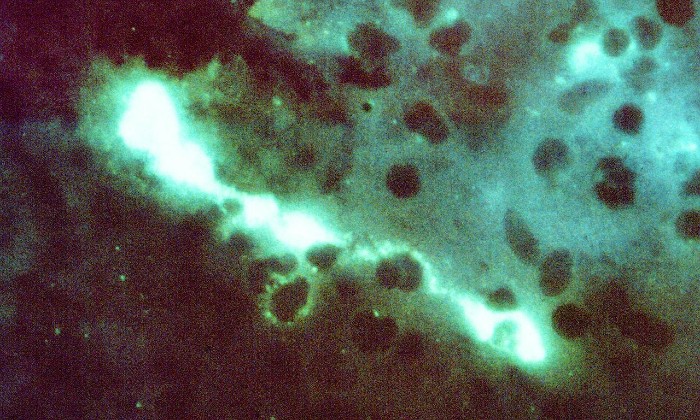
(Credit: CDC/Dr Vester Lewis via Wikimedia)
A disease caused by bacteria infection resulting in a patient experiencing symptoms like fever, headaches, chills, muscle pain, coughing and pneumonia.
It usually takes about a week for the symptoms to develop after a person has been infected and it’s said that the elderly are among those at risk of contracting it.
The disease can only be cured by a regime of antibiotics.
Histoplasmosis
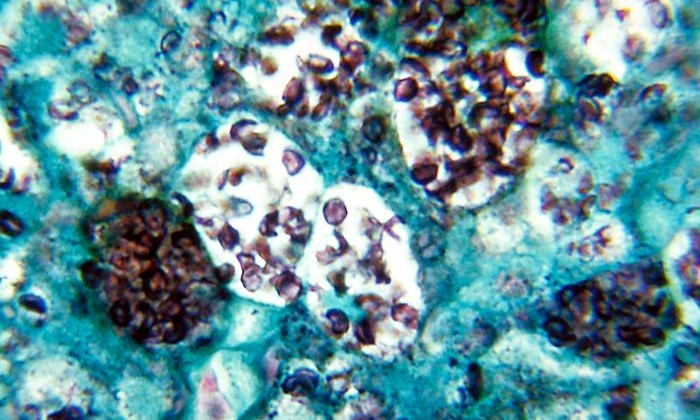
(Credit: CDC/Dr Libero Ajello via Wikimedia)
This disease is a fungal infection that is caused by inhaling contaminated bird or bat droppings or even soil that has been contaminated with poo.
The infection can be mild or life-threatening if severe enough, and symptoms include having fevers, chills, muscle pain, fatigue, chest pains and a nasty dry cough.
Symptoms usually appear within one or two weeks but can go away by themselves. But chronic cases (that occurs primarily in infants and those with compromised immune systems) can be fatal if not treated with medical care.
Cryptococcus
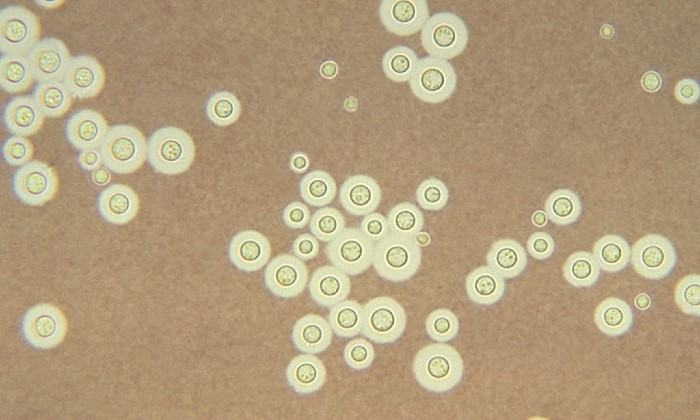
(Credit: CDC/Dr Leanor Haley via Wikimedia)
Another form of fungal infection that can be contracted through breathing in the microscopic fungi or coming into contact with infected soil, bird droppings or improperly washed fruits.
People can get infected with the disease and never even know they had it. The infection usually exists in the lungs, the central nervous system and other parts of the body and can cause various symptoms like pneumonia or what’s called “cryptococcal meningitis” when infection happens in the brain and can be serious.
Treatment depends on how severe the infection is and patients are often prescribed antifungal medication to get rid of it.
Salmonellosis (aka Salmonella)
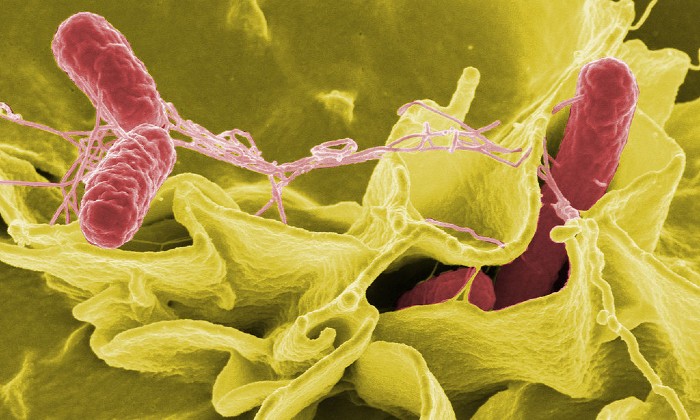
(Credit: Rocky Mountain Laboratories via Wikimedia)
This bacterial infection is a common enough food poisoning that happens when we ingest contaminated items. The disease causes fevers, diarrhoea, stomach cramps and can last for about a week.
In severe cases, it can cause dehydration that needs immediate medical attention. Most people recover from infection on their own but antibiotics can be prescribed by doctors as a cure.
E. coli
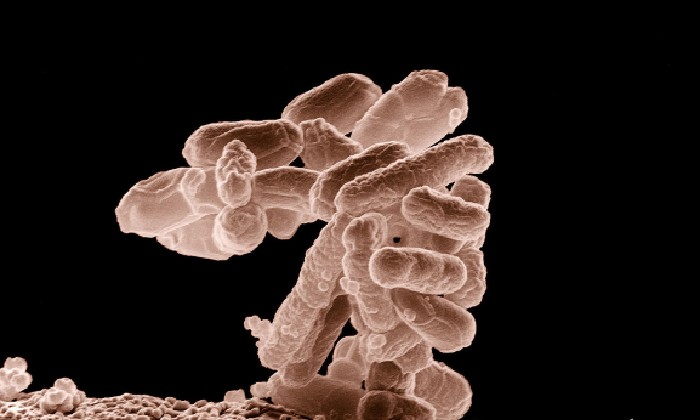
(Credit: Christopher Pooley/USDA via Wikimedia)
This bacterial infection is a foodborne disease that causes major food poisoning. A person can become infected with E. coli through contaminated food, water or faecal matter.
Symptoms would include fevers, diarrhoea (that can progress to a condition known as bloody diarrhoea) and abdominal pains. Usually, the infection would go away on its own, but antibiotics can help with moving the curing process along, but the disease can also also be life-threatening for children and the elderly if it gets serious enough.
In its post, Public Health Malaysia advises everyone to take precautionary measures when dealing with bird or gecko droppings, and always make sure that your hands and skin are clean before eating.
Though the posting is thought of by some as being a trolling joke towards Women, Family and Community Development Minister Datuk Seri Rina Mohd Harun’s recent efforts to power wash a public school that was used as a flood-relief centre.
I’m confused. Is this sarcasm or are you really serious… https://t.co/COK8tj5ZVB
— amΞΞr (@ameerfarhann) December 28, 2021
Guys. Just stop. You’re just making it worse. If you think it’s actually helping Rina Harun, pls think again 😂😂😂 absolute comedy https://t.co/IU4tZu4YVU
— Irsyad Izmi (@irsyadizmi) December 27, 2021
But the information seems to check out according to resources at the United States’s (US) Centers for Disease Control and Prevention (CDC), the World Health Organisation (WHO) and others.
Share your thoughts with us on TRP’s Facebook, Twitter, and Instagram.
Typing out trending topics and walking the fine line between deep and dumb.

